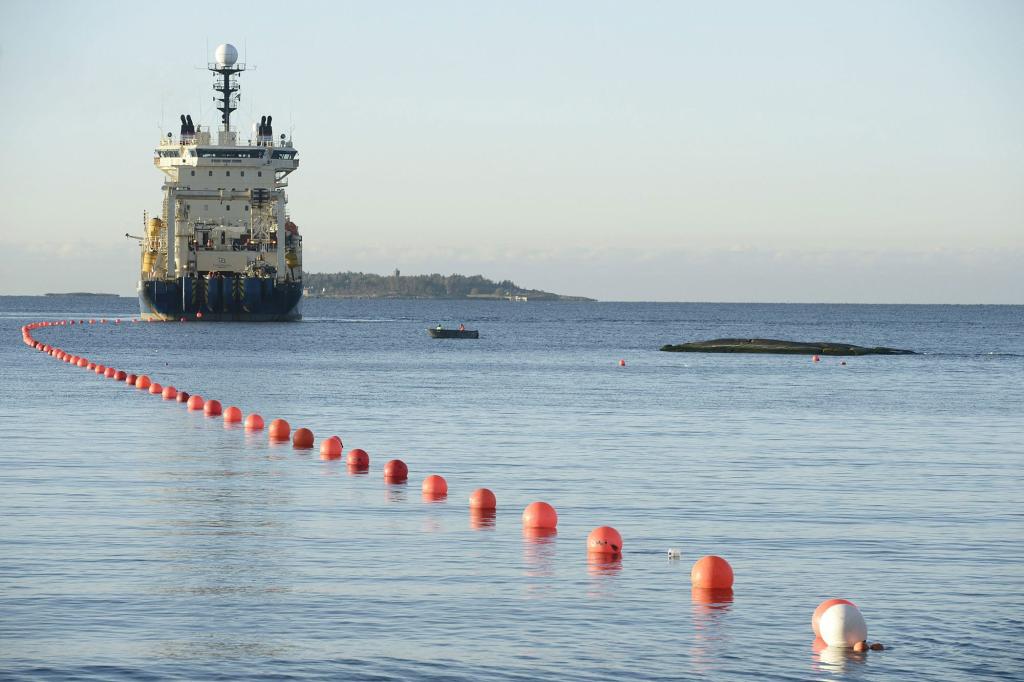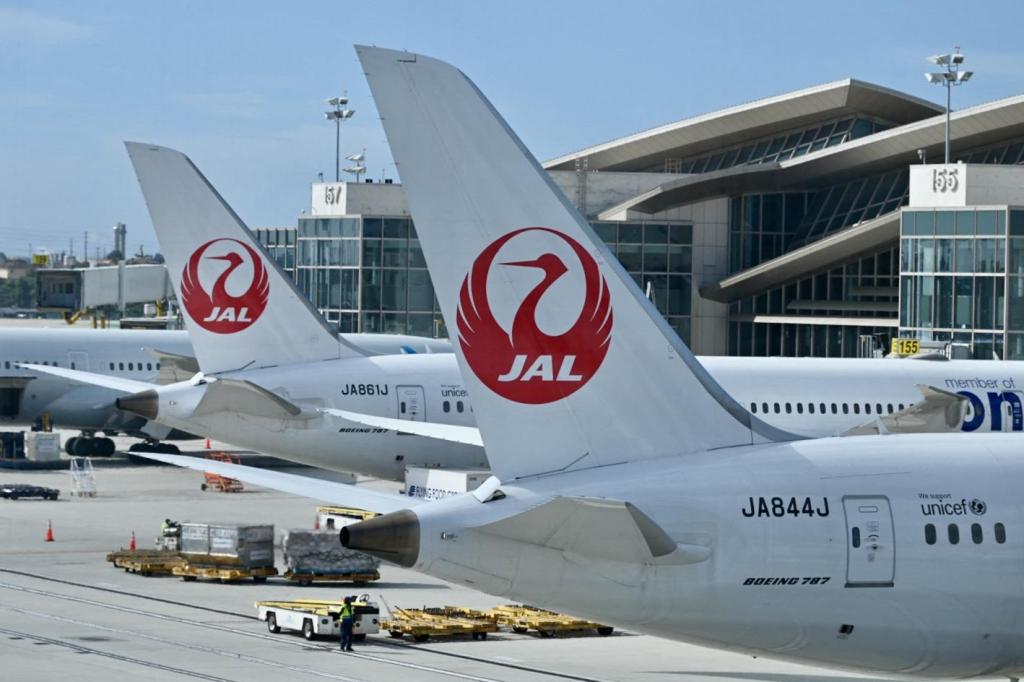Baltic Sea Cable Sabotage Raises European Security Fears
Undersea cable sabotage in the Baltic Sea raises urgent questions about European security and the need for robust protective measures against hybrid warfare.

Key Points
- Incidents of severed undersea cables in the Baltic Sea
raise serious concerns about sabotage and the integrity of European security.
- The dual cable disruptions highlight vulnerabilities in crucial infrastructure amidst increasing geopolitical tensions, particularly involving Russia.
- Enhanced protective measures and international collaboration are essential to safeguard undersea cables and prevent future hybrid warfare tactics.
Recent incidents involving the severing of undersea cables in the Baltic Sea have raised significant alarms regarding the security of Europe’s critical infrastructure. As tensions rise in the region, especially amid ongoing conflicts involving Russia, the implications of such acts are profound and cannot be overlooked. The disruption of two key cables—the C-Lion1, which links Finland and Germany, and another between Lithuania and Sweden—has solidified fears of sabotage in the wake of previous warnings from the United States about increased threats to global undersea infrastructure.

The Events Leading to Alarm
On Monday morning, telecommunications providers confirmed that the C-Lion1 cable suffered damages, cutting off a crucial 1,200-kilometer connection between Finland and Germany. This cable serves as a vital link for communication and data transfer across Europe, making its vulnerability a pressing concern. Similarly, a second cable, vital for internet communication between Lithuania and Sweden, was reported severed around the same time.
Germany’s Defense Minister, Boris Pistorius, has underscored the prevailing belief that these incidents are no mere coincidences. He stated, “No one believes that these cables were cut accidentally”, indicating prevailing suspicions of hybrid warfare tactics employed by external actors, possibly linked to the ongoing geopolitical tensions with Russia.
Potential Underlying Threats
The situation’s gravity is compounded by the potential connections to previous attacks on infrastructure in the region. In 2022, the destruction of the Nord Stream gas pipelines raised similar red flags, with investigators still probing the incident for clues to its origins. Such occurrences compel European nations to reevaluate and enhance their security protocols regarding critical infrastructure.
Officials from Finland and Germany have voiced their shared concerns over these recent events, stating, “Our European security is not only under threat from Russia’s aggression but also from hybrid warfare by malicious actors”. The term ‘hybrid warfare’ encompasses various tactics, including cyberattacks and acts of sabotage aimed at destabilizing nations without traditional military engagement.
Impact and Responses
The immediate consequences of these cable severances have caused disruptions in communication and data transfer, with significant implications for businesses and services relying on stable internet connections. Major telecom companies are racing against time to investigate and restore services, with estimates indicating that repairs could take anywhere from five to fifteen days.
Interestingly, the nature of undersea cables, which often operate through multiple routes to mitigate service disruption, offers some resilience against total communication breakdowns. Even with these cables out of service, alternative pathways can help maintain internet connectivity across affected regions. However, the reliance on these cables for substantial portions of traffic—such as the crucial C-Lion1, which serves about a third of Lithuania’s internet capacity—remains a significant concern.
Looking Ahead: Strategies for Robust Security
Such incidents serve as a wake-up call for European nations to enhance their approach to cybersecurity and infrastructure protection. Investments in protective measures, such as surveillance of undersea cables and increased collaboration among nations to share intelligence, are vital steps in safeguarding these crucial assets. The recent spike in military activity around these infrastructures suggests that proactive measures may become essential in averting future incidents.
Moreover, as the global landscape shifts and emergent threats evolve, fostering a culture of resilience against hybrid warfare tactics will be crucial for long-term stability and peace in Europe. It's about looking beyond the immediate repairs and focusing also on comprehensive strategies that combine technology, policy, and international cooperation.
In light of recent events, the European community must come together to address these threats effectively. Ensuring the security of undersea cables isn’t just a question of maintaining internet services; it’s integral to national and continental security. By enhancing collaboration and investing in resilient infrastructure, Europe can better protect itself against potential threats that could disrupt its digital landscape and compromise its security.


